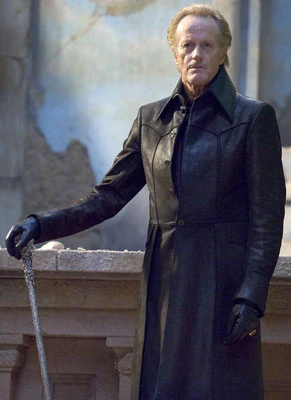As well as this by using letters and journals it is an invasion of privacy. We as a reader intrude on the characters personal thought and feelings which other are not supposed to read, 'it is not intended for them' This personal invasion may help us to suspend our disbelief because as they are only writing to themselves or their close friends, they have no reason to exaggerate the horrors which have happened to them. If anything they would try to downplay it or reason with themselves and their friends with what they saw to try and prove that it was real and they havn't gone insane.
Don't really know what to say apart from that so toodles :) xx



